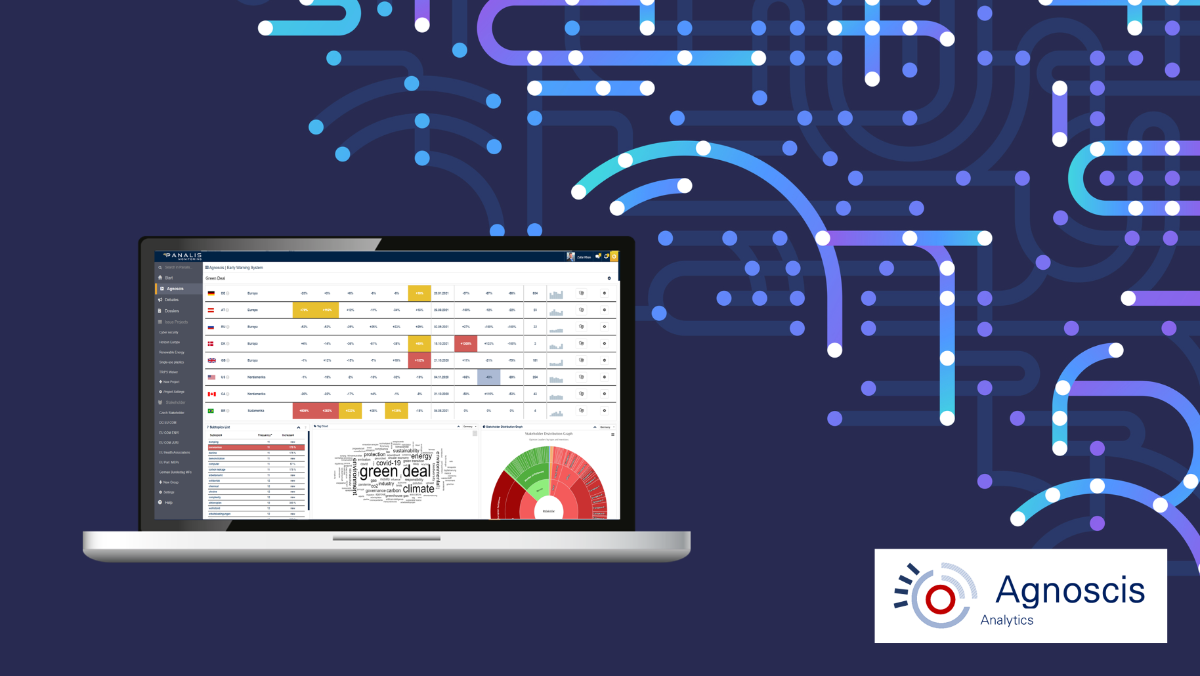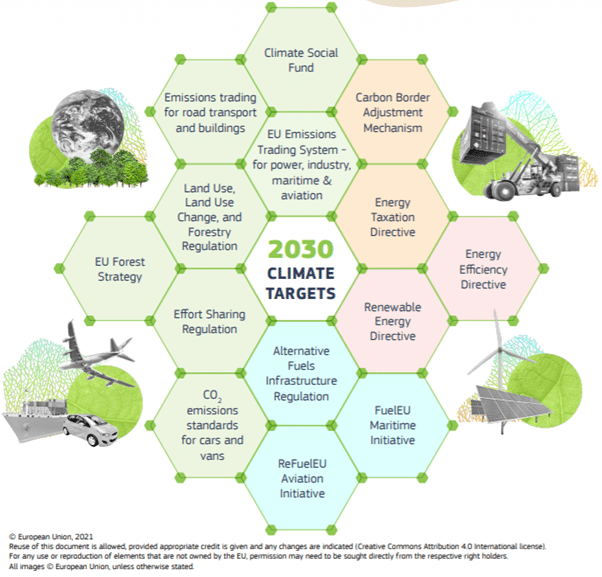5 Geopolitical Challenges in 2024: An Analysis of Impacts on Companies and Supply Chains
edited by Michela Tonon, Political Analyst (Global Markets)
The world, shaped over several decades by globalization and geoeconomics, and consequently by interdependencies of systems, has rapidly transformed into a sphere more profoundly influenced by geopolitical risks than ever before. The sequence of disruptive events, such as the COVID-19 pandemic, the conflict between Russia and Ukraine, and the turmoil in the Middle East, is expected to continue in the coming years. Additionally, impending factors like the threat of new wars, extreme weather events, a looming global recession, and domestic complexities are likely to significantly impact the global landscape in 2024.
The emerging developments lead to a significant restructuring of global structures and a redesign of international relations. Companies and business associations are now more than ever challenged to proactively assess risks to achieve optimal resilience.
In the following, five challenges of global supply chains are outlined that could potentially impact your company or organization. We also present ways in which you can identify and assess risks using PANALIS Software Agnoscis Analytics – the establishment of an early warning system based on artificial intelligence.
1. Geopolitical Instability
The conflict in Ukraine stands out as a major factor contributing to inflation in energy and food prices, an issue many countries continue to grapple with. The events have significantly disrupted supply chains, leading to a global food crisis. Additionally, the shortage of fertilizers is affecting agricultural production in various nations. While some grain deliveries from Ukraine have alleviated famine-stricken countries like Yemen, this alone is insufficient to resolve the broader global food supply crisis.
In addition, geopolitical tensions are on the rise, exerting substantial effects on the world economy. Trade disruptions between the USA and China could have far-reaching consequences on international cooperation and trade flows, with several economies already experiencing declining exports. Further escalation of tensions could disrupt critical supply chains.
The ongoing conflict in the Gaza Strip has escalated the Israeli-Palestinian conflict and intensified confrontations between Iran and the United States. These developments will have significant implications for the region. The outcome of the Gaza conflict will play a crucial role in determining the positions of Arabian Peninsula states, Egypt, Turkey, and Iran in the Middle East. It remains to be seen whether trade relations with this region will present opportunities or face challenging conditions in the future.
Cyberattacks are on the rise and are being employed as a tool of statecraft, resulting in growing human and financial consequences. Governments and organizations are therefore vigilant to signs of international tensions.
2. Energy crisis
The present energy supply scenario poses a substantial challenge for both industry and private households. The rising prices of energy, particularly gas, largely attributed to the Ukraine conflict, coupled with the resultant reduced supply of Central Europe from Russia, have compelled companies to intensify exploration of alternative energy sources and undertake comprehensive restructuring of production systems. The current situation carries the risk of a sustained economic upheaval, with potential repercussions on global production supply chains.
The impacts of disruptive events in recent years on companies and organizations can be diverse. For instance, in Pakistan, the workweek was universally shortened across industries to reduce energy consumption. The United States is witnessing a sustained decline in revenue forecasts for retailers, and many automotive manufacturers in Western industrialized nations remain apprehensive about their production levels. There is a growing concern that energy supply shortages could impede economic activities in numerous countries and lead to a slowdown in international trade. Urgent and sustainable solutions are imperative to address these energy-related challenges and ensure the stability of the global economy.

The increasing national debt continues to escalate, leading to a deterioration in the creditworthiness of sovereign states and a potential rise in payment defaults. The possibility of a severe sovereign debt crisis is a cause for concern, as exports decline in many key economies, raising concerns about global fragmentation. Governments are now exploring financing options on international markets to counter the imminent threat of a major sovereign debt crisis. The significant increase in inflation results in households facing significant challenges, particularly due to rising food expenses. The expectation that consumers will need to drastically reduce their expenditures renders the demand for goods and services uncertain. Consequently, supply chain planners encounter difficulties in accurately predicting the quantities and types of goods consumers are likely to require.
During the COVID-19 pandemic, various uncertainties have complicated post-pandemic recovery for numerous industries, particularly due to acute labor shortages. The increasing cases and mutations of COVID-19 have had adverse effects on supply chains and production processes, resulting in global shortages. In addition to these challenges, organizations should consider other factors independent of COVID-19 to successfully address personnel issues.
The introduction of new technologies has fundamentally transformed the operations of supply chains globally. The rising expectations of consumers are driving a rapid transformation of supply chains. Modern operational processes are increasingly shaped by technology and innovations, adding complexity to supply chains. In this context, the line between traditional physical skills and those required in the technological field is becoming increasingly blurred in supply chain and production professions. Successfully meeting these demands requires a skillful combination of both physical and technological abilities, both now and in the future.
Climate change poses long-term challenges for supply chains, leading to disruptions of trade routes and infrastructure due to extreme weather events, droughts, and rising sea levels. These risks entail potential threats to national security and global stability. This year, the decline in water levels has significantly impacted major shipping routes. Due to low water levels, ships can only transport a fraction of their typical cargo to reduce the risk of grounding. For example, sections of the Chinese Yangtze River, responsible for 45% of the country’s economic output, were closed to shipping due to water levels more than 50% below normal. Additionally, two-thirds of Europe are facing drought conditions expected to become even more extreme. These conditions are likely to have significant implications for supply chains.
In today’s global business landscape, the growing significance of geopolitics requires a comprehensive integration of geopolitical risk analysis into the framework of corporate strategy and leadership.
Now more than ever, it is essential for organizations to proactively address and manage geopolitical risks to protect their interests and ensure sustainable success. In this context, Agnoscis offers your organization an opportunity to gain substantial value.
By utilizing this platform, you can continuously maintain awareness of existing and emerging risks. The ability to monitor fluctuations and changes in politically relevant trends that affect your organization provides a strategic advantage. This allows your organization to consistently assume a leading position, a crucial factor in effectively competing and succeeding in a market characterized by intense and constant change.
We progressively integrate a organization-specific environmental analysis and trend radar for you to identify economic, social, and political-regulatory trends by:
Discussing potential risks with you
Implementing a digital early warning system based on this information
Sustainably training artificial intelligence to identify similar risks
Offering personalized reports and regular updates if desired
We would be pleased to guide you through the process of establishing a global early warning system in a consultation.
Further information can be found on the following page.




